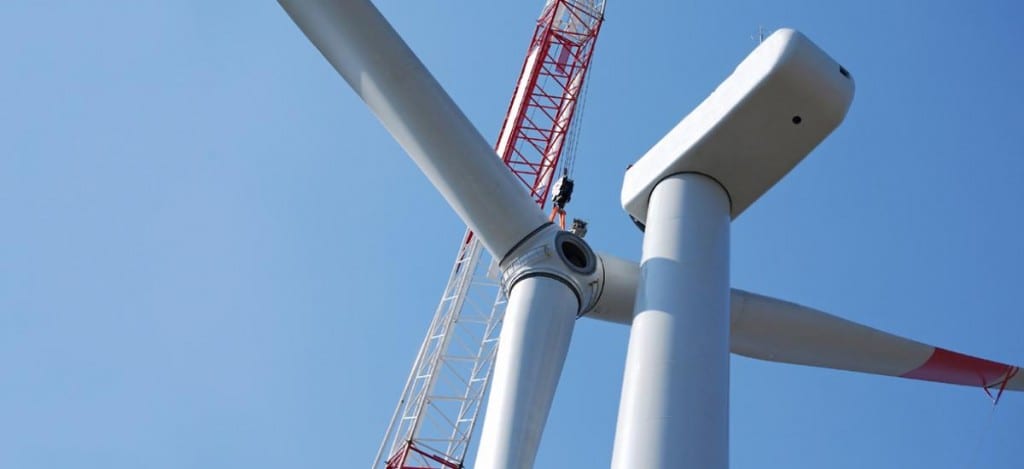If Hazelwood is indeed to close (or start closing) in April, this is no surprise. It has been on the cards for years, as the local community has been well aware. The Committee for Gippsland’s recent report called for a transition plan to enable the regional economy to diversify beyond coal generation. A plan – not just for Hazelwood but for all of Australia’s ageing, high-carbon coal stations – is urgently needed.
And yet, although the exit of South Australia’s Northern power station was an underlying factor in the state’s July power price peaks, although analysis has repeatedly found that Australia’s climate goals will require all existing coal stations to retire by the 2030s, and although decarbonising electricity is an essential ingredient for deep emissions reductions across the whole economy, no hint of a plan for the nation’s coal stations has yet emerged from the federal or state governments.
The government does not need to pretend that this won’t happen. The Australian public already knows. As The Climate Institute’s polling revealed, nearly three-quarters of Australians (72%) believe that it is inevitable that the country’s current coal-fired power stations will be closed and replaced with renewable energy.
The real question is, how should we manage this transition?
From the polling: only 23% of Australians believe that the retirement and replacement of coal stations should be left to the electricity companies to sort out. Northern’s exit exemplified this approach – ageing and apparently running out of coal, the station was increasingly uncompetitive. Its owners announced the decision to retire the station in [October 2015], and by [May] this year it was done.
The short period between announcement and implementation of the closure plans allowed little time for the affected community, the state government, or energy market institutions to prepare for the impact of the closures on the Port Augusta economy and the South Australian electricity system.
As we noted in April, “the South Australian experience is less a template than a signal to other governments of the need to plan ahead for the transition to zero-emissions electricity”. It is not surprising that Australians do not want to repeat this pattern with Hazelwood or any other coal station.
What do they support? Around three-quarters of Australians agree that governments need a plan for the orderly phase-out of coal so that workers and communities can prepare. And while most (70%) agree that we should start phasing out coal generation gradually so we can manage the costs over time, another 21% want to replace them as soon as possible, even if it costs more in the short term. Only 8% support keeping coal stations running for as long as possible and dealing with the costs and negative impacts in the future.
The Grattan Institute’s report makes the entirely reasonable point that state-based energy policies can lead to unexpected consequences in the national electricity market, so it is better to have credible, stable national policy. One problem with this is that while most Australians agree that the federal government should lead action on climate change (67%), they think it’s done a pretty poor job so far.
Just 19% are positive about the federal government’s performance in this area. State governments do no better, apart from the South Australian government which scores very slightly higher at 21%. Large majorities of Australians (around 75%) believe that both state and federal governments need to have a plan for the transition from coal to clean energy.
Moreover, we already have state-based renewable energy targets, while, as Grattan notes, current national energy policies are not credible or reliable. So the solution at this point is not to get rid of the states’ renewable policies. These are useful stepping stones toward greater national ambition, and removing them would only create more uncertainty for the energy sector.
Instead, states should develop their policy frameworks to take into account the needs of the broader energy market, the necessary evolution of national climate policies, and the implications for regional economies. The federal government’s 2017 climate policy review could provide some much-needed clarity, provided it faces up to the electricity sector’s necessary transformation and sets a pathway to net zero emissions by mid-century.
Hazelwood’s rumoured closure is the latest symptom of an energy system struggling to adapt. There’s no need to panic, yet, but we can’t afford for policy makers to keep dithering, either. The public are ready and waiting for state and federal governments to get their act together.









